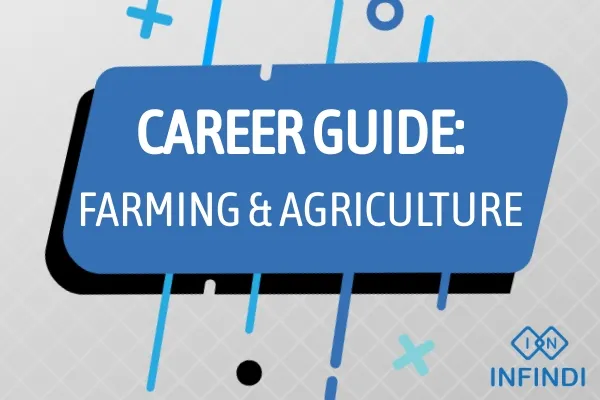For those with a love for the land and a commitment to sustainable practices, careers in farming and agriculture offer a rewarding and vital path. Whether you’re an experienced agricultural professional or someone exploring entry-level opportunities, understanding the intricacies of jobs in farming and agriculture is essential. This article aims to provide a comprehensive guide to farming and agriculture jobs, addressing duties, salary expectations, job descriptions, skills, qualifications, education and training requirements, experience prerequisites, frequently asked questions, and daily tasks.
1. Duties and Responsibilities
Professionals in farming and agriculture play a crucial role in producing food, fiber, and other essential resources. Common duties and responsibilities include:
- Crop Cultivation: Planting, cultivating, and harvesting crops.
- Livestock Care: Managing and caring for animals in agricultural settings.
- Soil Management: Ensuring soil health and fertility through sustainable practices.
- Equipment Operation: Operating and maintaining agricultural machinery.
- Supply Chain Management: Overseeing the distribution of agricultural products to markets.
2. Salary Expectations
The salary for jobs in farming and agriculture varies based on factors such as the size of the operation, the type of products produced, and the region. Entry-level positions may start at around $30,000 annually, while experienced agricultural professionals in managerial or specialized roles can earn well over $60,000. Industries like organic farming, agribusiness, and sustainable agriculture tend to offer competitive salaries.
3. Possible Job Descriptions
Farming and agriculture roles encompass a wide range of positions, each contributing to the success of agricultural operations:
- Farm Manager: Overseeing daily operations and managing resources.
- Crop Consultant: Advising farmers on crop management and pest control.
- Livestock Specialist: Caring for and breeding livestock for various purposes.
- Agricultural Engineer: Designing and implementing agricultural machinery and systems.
- Agribusiness Analyst: Analyzing market trends and advising on business strategies.
4. Skills and Qualifications
Successful agricultural professionals possess a combination of practical skills, technical knowledge, and a commitment to sustainable and ethical practices. Key skills include:
- Hands-On Skills: Proficiency in hands-on tasks such as planting, harvesting, and animal care.
- Problem-Solving: Addressing challenges related to weather, pests, and market fluctuations.
- Sustainability Knowledge: Implementing sustainable and environmentally friendly farming practices.
- Communication: Collaborating with team members, suppliers, and distributors.
- Adaptability: Navigating the dynamic nature of agriculture and changing market demands.
5. Education and Training Requirements
While formal education is valuable, many entry-level positions in farming and agriculture do not require a specific degree. Practical experience, on-the-job training, and specialized certifications can be equally important. However, roles in agricultural research or management may require a degree in agriculture or a related field.
6. Experience Requirements
Entry into farming and agriculture jobs often involves gaining hands-on experience through internships, apprenticeships, or entry-level positions. Advancement to managerial or specialized roles may require several years of relevant experience.
7. Frequently Asked Questions
Q: How can individuals without farming experience enter the agriculture industry?
A: Many entry-level positions in agriculture are open to individuals with a willingness to learn and a passion for sustainable practices. Starting with internships or apprenticeships can provide valuable hands-on experience.
Q: What are the challenges in sustainable agriculture?
A: Challenges in sustainable agriculture include balancing environmental impact, maintaining soil health, and adapting to changing climate conditions while ensuring economic viability.
Q: How does technology impact modern farming?
A: Technology has revolutionized farming with innovations such as precision agriculture, smart equipment, and data-driven decision-making to optimize crop yields and resource efficiency.
8. Daily Tasks and To-Do Lists
The daily tasks of an agricultural professional can vary based on their specific role and the season, but a typical to-do list may include:
- Planning and executing crop planting and harvesting.
- Monitoring and managing livestock health and well-being.
- Implementing sustainable farming practices.
- Maintaining and repairing agricultural machinery.
- Collaborating with team members and stakeholders.
In conclusion, a career in farming and agriculture offers a fulfilling and essential journey for individuals passionate about sustainable food production and land stewardship. Whether you’re starting your career in agriculture or aiming for advancement, understanding the duties, qualifications, and daily tasks associated with farming and agriculture jobs will set you on the path to success. Explore opportunities, contribute to food security, and embark on a rewarding career in the ever-evolving world of farming and agriculture.

